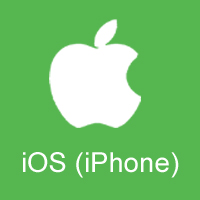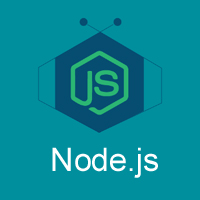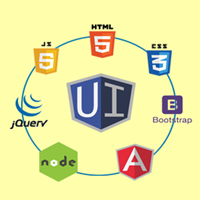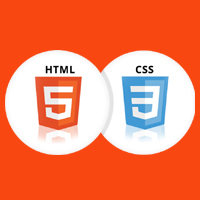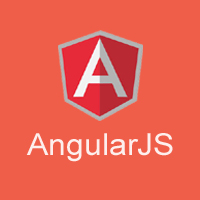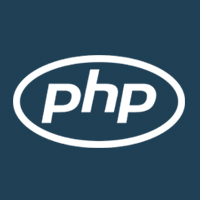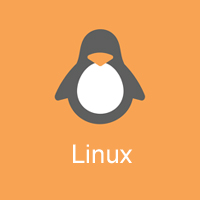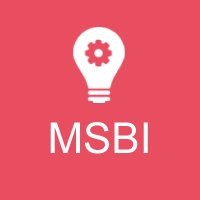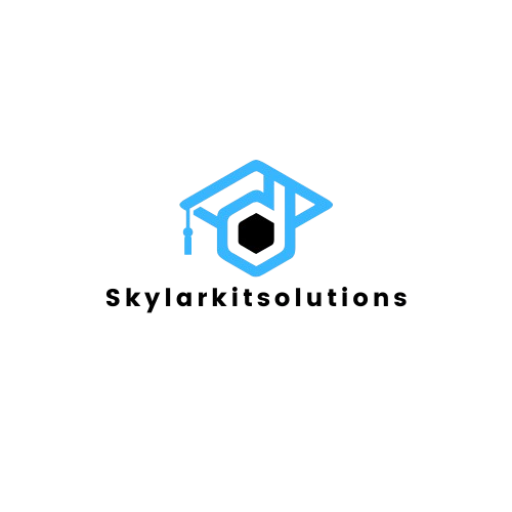IT Education Training
IT (Information Technology) education and training focuses on equipping individuals with the knowledge and skills required to work with computer systems, software, networks, and related technologies. IT training can be tailored to beginners, professionals, or those seeking specialized expertise. Here's an overview of the key components of IT education:
1.programming and development.
2.networking.
3.cybersecurity.
4.cloud computing.
5.data science and analytics.
6.it support and help desk.
OUR COURSES
IT education training
01
Business Analyst
professional who acts as bridge between business needs and technilogy solutions.they help oraganizations identity business needs,problems,and opportunities and translate them into actionable requirements for stakeholders and development teams.
02
Cisco certified network Associate
The cisco certified network associate is a foundational certification offered by cisco systems,designedfor individuals seeking to develop and validate their knowledge and skills in networking.it is one of the most sought after certifications in the most industry and provides a strong base for more advanced certifications like ccnp
03
Data science
Data science is a multidisciplinary field that uses scientific methods,algorithems,processes,and systems to extract knowledge and insights from structured and unstructured data.It combines elements of statistics,computer science,machine learing,data visualization,and domain expertise to analyze data and solve real-world problems.
IT Education Courses


Python
Python is a high-level, interpreted programming language created by Guido van Rossum and first released in 1991. It emphasizes simplicity and readability, making it popular among both beginners and experienced developers.
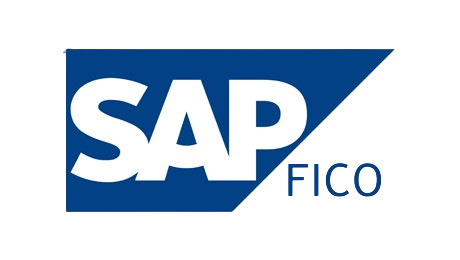
The term "FI-CO" doesn't seem to have a standerd or commonly recognized meaning in genaral language or academic contexts. However,it might be a shorthand or acronym specific to a particular field, theroy, or context. Below are some possible interpretations based on similar terms and fields where such terms are used if "FI-CO" is specific to a particular field or domain, such as technolagy, linguistics, or a proprietary concept, providing additional context would help clarify its meaning and associated theory.
Mark Johnson
Investor

Frequently Asked Questions
FAQ stands for frequntly asked questions. it is a list of common questions and their corresponding answer related to a particular topic, product, service, or subject. FAQs are designed to address recurring inquiries and provide quick, concise information for users.
Theory Of FAQs
The theory behind FAQs stems form the idea of user- centric communication and efficiency:
1.Anticipation of Needs: FAQs anticipate common queries that users or custamers are likely to have, reducing repetitive inquiries to support teams or representatives.
2.Information Accessibility: They centralige information, making it easier for users to find answers without requiring in-depth navigation or contacting a service desk.
3.Knowledge Sharing:FAQs promote transparency and self- service by presenting complex information in a simplified and structured format.
4. Efficiency in Communication:
*Saves time for both usres and organizations.
*Enhances the user experiance by offering instant solutions.
5. Evolving Content: As oraganizations grow, FAQs can evolve based on user feedback, emerging questions, or new services.


Lorem ipsum dolor sit amet, consectetur adipiscing elit. Ut elit tellus, luctus nec ullamcorper mattis, pulvinar dapibus leo.
Featured Software Courses:
